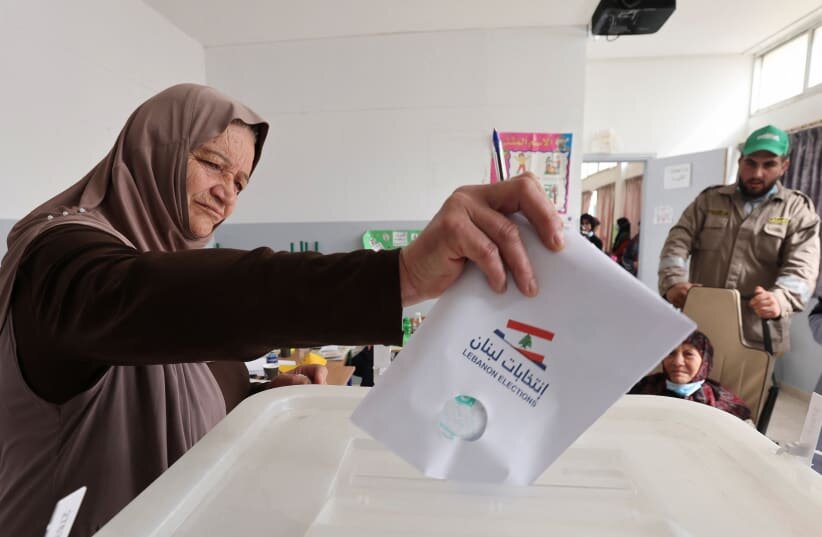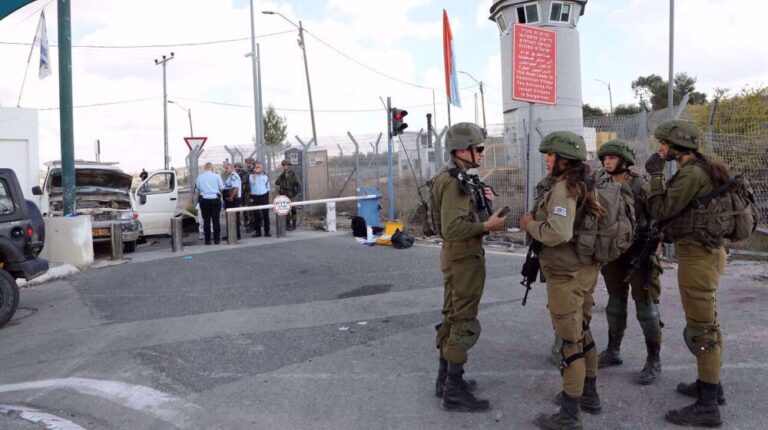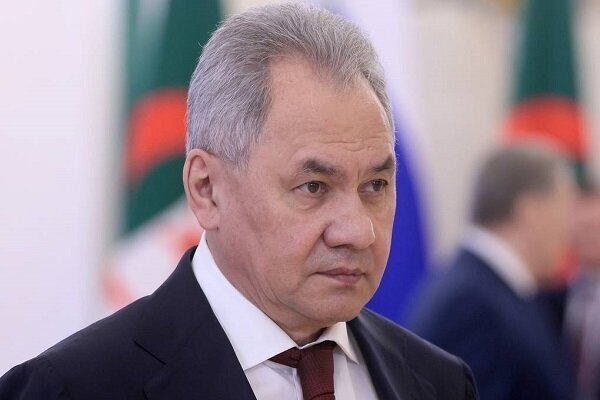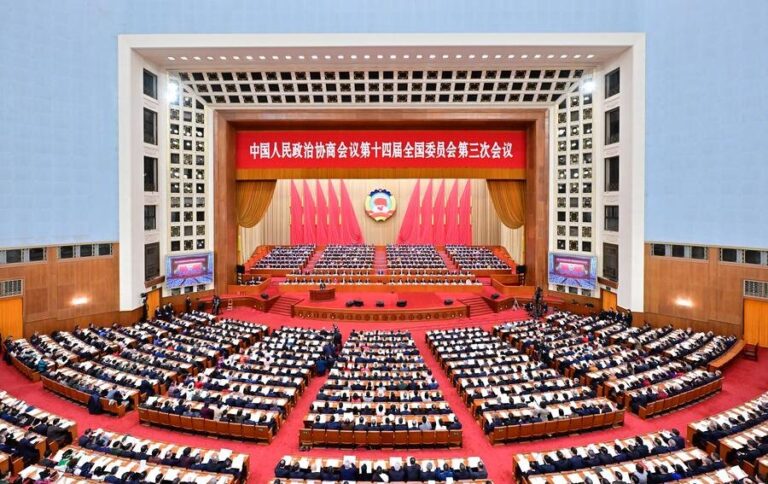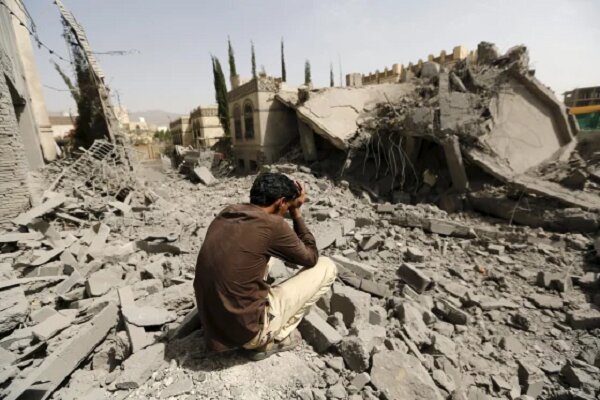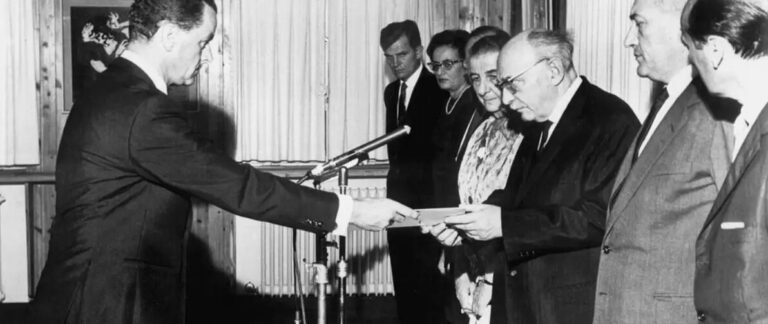Planned South Lebanon Elections Spark Outrage Among Anti-Resistance Groups
In the context of ongoing political tensions, the upcoming municipal elections in south Lebanon, set to coincide with Resistance and Liberation Day on May 25th, have sparked considerable controversy. The anti-resistance team has openly expressed its disapproval, reflecting a significant moral decline in their stance. They allege that the Shiite duo of Hezbollah and the Amal Movement is intentionally encouraging voter participation, indicating a troubling narrative of dissatisfaction among the opposition.
As the 25th anniversary of the resistance movement’s historic victory and the liberation of southern Lebanon approaches, the anti-resistance faction appears to resent the profound sacrifices made by those who fought for this cause. A notable historical reference includes former Prime Minister Fouad Siniora, who, during his tenure, audaciously called for the cancellation of the Liberation Day holiday. This highlights the depth of disdain that some factions hold towards the achievements of the resistance front.
The anti-resistance team’s rhetoric is marked by a sense of defiance, as they frequently call for the disarmament of Hezbollah. They accuse the resistance of escalating tensions and dragging Lebanon into the broader conflict fueled by U.S.-led Israeli aggression. However, it is crucial to recognize that such aggression has been an ongoing reality, and Hezbollah’s support has consistently been mischaracterized as the source of these issues. As articulated by former Israeli war minister Yoav Galant and other officials, the emergence of resistance is a direct response to the Israeli occupation.
Sheikh Naim Qassem, the Secretary-General of Hezbollah, emphasized in a recent address that the roots of resistance can be traced back to the actions of the Israeli regime. Historical accounts indicate that in 1968, there was no organized resistance as Israel conducted attacks on Beirut Airport and southern Lebanon. The Lebanese army, at that time, even paid soldiers like Saad Haddad’s troops, who were more aligned with Israeli interests than that of Lebanon.
Fast forward to 1982, when the Palestine Liberation Organization withdrew from Lebanon, Israel seized the opportunity to invade while disregarding UN resolutions. This historical backdrop begs the question: how can the anti-resistance team claim to advocate for sovereignty when parts of Lebanese territory remain under Israeli control? Moreover, how can they accept U.S. Ambassador Lisa Johnson summoning Lebanese officials in a demeaning manner while remaining silent about the Lebanese foreign minister’s intention to summon Iranian Ambassador Mojtaba Amani for merely expressing a personal viewpoint on social media regarding disarmament?
Sovereignty is a concept intertwined with dignity—both for the individual and the state. In this context, the anti-resistance faction, particularly the Lebanese Forces, continues to adopt a confrontational stance towards the agreement reached between President Joseph Aoun and PM Nawaf Salam regarding the status of the resistance movement’s weapons. They argue that the Lebanese state and its military must initiate the process of disarmament, even resorting to force if necessary.
- The Lebanese Forces have threatened to apply pressure on the government to take stringent measures against Hezbollah.
- Informed sources suggest that the American and Saudi allies of Lebanon have cautioned Lebanese Forces leader Samir Geagea against such reckless actions.
- Geagea has expressed concern over the increasing popularity of President Aoun, fearing a potential shift in the political landscape towards a more federalized Lebanon.
The political discord highlights a significant gap in understanding sovereignty. The anti-resistance team could benefit from observing Iranian negotiators, who have historically taken strong stances against American hegemony. Their approach exemplifies a form of sovereignty that resists condescending diplomacy and upholds national interests.
As Iran continues to assert its sovereignty, the question arises: if Iran were not sovereignly superior, why would it engage in negotiations with former President Trump, especially when the U.S. and Israel claim dominance in West Asia? This underscores Iran’s unwavering commitment to defending its sovereignty against external aggression.
Additionally, Yemen’s strategic role in countering U.S. military and diplomatic efforts further emphasizes the importance of sovereignty in the modern geopolitical landscape. As Lebanon grapples with its internal conflicts and the ramifications of external pressures, the discourse surrounding sovereignty, resistance, and the role of alliances remains as pertinent as ever.
